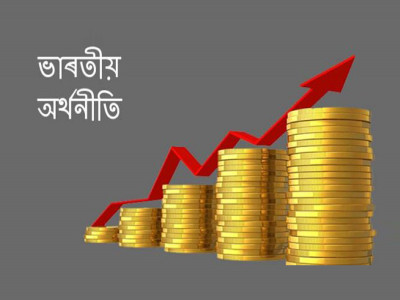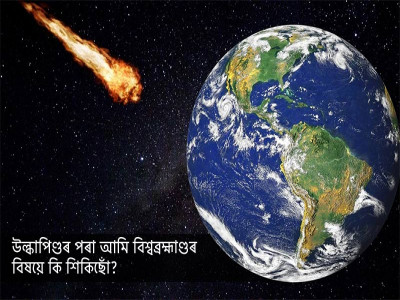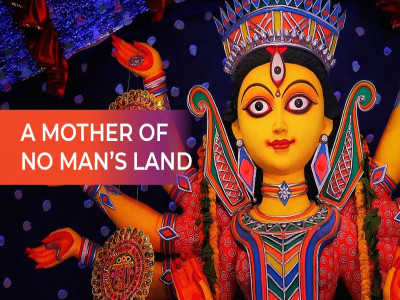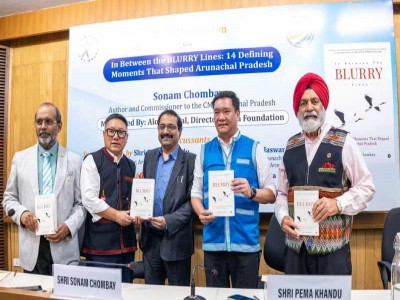
Remembering the timeless Lata Mangeshkar
Lata Mangeshkar the legendary Indian playback singer was born on September 28, 1929, in Indore, India, into a family with a deep musical background. Her father, Pandit Deenanath Mangeshkar, was a classical singer and theater actor. She went on to become one of the most iconic and influential figures in the history of Indian music.
Early Life
Lata Mangeshkar was the eldest of five siblings. Her younger sister, Asha Bhosle, also became a highly acclaimed playback singer in the Indian film industry. The family's musical talent extended to her other siblings as well.
Lata received her initial music training from her father. He introduced her to classical music and trained her in various classical forms, including Hindustani classical music. This strong foundation in classical music greatly influenced her singing style and versatility. Tragedy struck the family when Lata's father passed away when she was just 13 years old. This event led to financial difficulties, and the family decided to move to Mumbai (then known as Bombay) to seek better opportunities. Life in Mumbai was not easy for the Mangeshkar family. Lata and her siblings faced numerous hardships as they pursued careers in music. Lata initially struggled to find opportunities in the highly competitive world of playback singing in the film industry.
Playback Singing Career
She began her playback singing career in the 1940s and quickly gained recognition for her melodious voice and versatility. Lata Mangeshkar lent her voice to thousands of songs in various Indian languages, primarily Hindi and Marathi.
Lata Mangeshkar's breakthrough came in 1949 when she sang for the film "Mahal." Her song "Aayega Aanewala" became a massive hit and catapulted her to stardom. This marked the beginning of her illustrious career as a playback singer in the Indian film industry.
The Iconic Moment
"Yeh watan ke logo, jara aankh mein bhar lo paani, jo shaheed hue hain unki zara yaad karo kurbani" from the song "Ae Mere Watan Ke Logon" was indeed a poignant moment in Indian history. Lata performed this song in 1963 at a live event in New Delhi in the presence of then-Prime Minister Jawaharlal Nehru.
She sang this line during her performance, it is said that Pandit Jawaharlal Nehru was visibly moved to tears. The emotional impact of the song, which pays tribute to the sacrifices of Indian soldiers, was felt not only by Nehru but by the entire audience. It became an iconic moment in Indian music and history, symbolizing the deep respect and gratitude for the soldiers who had given their lives for the country.
Versatility
Lata Mangeshkar's singing talent knew no bounds. She could sing classical, semi-classical, bhajans (devotional songs), ghazals, and film songs with equal grace. Her ability to convey a wide range of emotions through her voice made her an iconic figure in the Indian music industry.
She has recorded thousands of songs in multiple Indian languages, with Hindi being the primary language of her playback singing career. While the exact number of songs she sang is difficult to pinpoint due to the sheer volume, it is estimated that Lata Mangeshkar has sung over 30,000 songs during her illustrious career.
Lata Mangeshkar is rightfully dubbed as the 'Nightingale of India' or the 'Queen of Melody'.
Collaborations
She collaborated with numerous music directors, lyricists, and fellow playback singers over the years. Her partnerships with composers like S.D. Burman, R.D. Burman, and Laxmikant-Pyarelal resulted in some of the most memorable songs in Indian cinema.
Her influence and relevance in the world of music extended far beyond her own era. Her timeless and versatile singing style continues to inspire modern musicians and singers across different genres. In fact, some of her best works are with AR Rahman in movies such as Dil Se, Lagaan, and Rang De Basanti.
Awards and Honors
Lata Mangeshkar received countless awards and honors during her career, including the Bharat Ratna, India's highest civilian award, in 2001. She also received the Dadasaheb Phalke Award, the National Film Award for Best Female Playback Singer, and numerous Filmfare Awards.
Legacy
She passed away on February 6, 2022, but her songs continue to be cherished by music lovers worldwide. Her contribution to Indian music is immeasurable, and her influence on subsequent generations of playback singers is profound. Lata Mangeshkar's voice has left an indelible mark on the history of Indian music, and she will always be remembered as one of the greatest playback singers of all time. Her songs continue to bring joy and evoke emotions in the hearts of listeners, ensuring that her legacy lives on.
Disclaimer: The opinions expressed in this article are those of the author's. They do not purport to reflect the opinions or views of The Critical Script or its editor.

Newsletter!!!
Subscribe to our weekly Newsletter and stay tuned.

















Related Comments